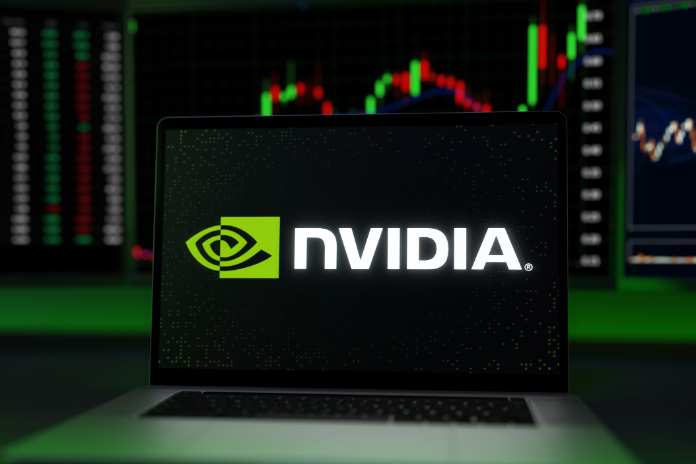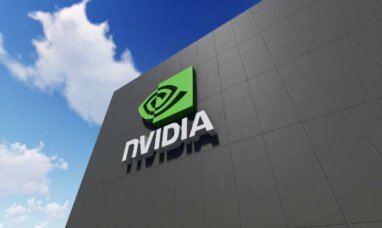On Tuesday, shares of Chinese businesses listed in the United States were largely lower in Hong Kong, with big tech equities such as Alibaba Group Holdings (NASDAQ:BABA), Tencent Holdings (NASDAQ:TCEHY), Baidu Inc (NASDAQ:BIDU), and JD.com Inc (NASDAQ:JD) trading in the red. During the early trading hours, Xpeng Inc (NASDAQ:XPEV) and Nio Inc (NASDAQ:NIO) both gained at least 2% in the electric car segment. Simultaneously, Li Auto Inc (NASDAQ:LI) defied the trend, trading slightly higher after balancing early losses.
The Hang Seng index in Hong Kong plummeted over 3% following news that China had fined tech powerhouses Tencent and Alibaba. The benchmark index fell up to 3.3% during the day and finished 2.77% lower at 21,124.2, while the Hang Seng Tech index fell 3.86%.
China Penalizes Alibaba and Other Tech Leads
According to Reuters, China fined multiple companies, including tech heavyweights Alibaba and Tencent, for failing to comply with anti-monopoly rules requiring transaction transparency. Alibaba and Tencent’s Hong Kong-listed shares fell 5.79% and 2.89%, respectively.
In the 28 offenses listed, 12 involved Tencent, the social media and video gaming giant, five involved Alibaba, the e-commerce giant, and four involved the ride-hailing platform operator Didi and its subsidiaries. Each case resulted in a 500,000 yuan (US$74,600) fine, the highest sum that the State Administration for Market Regulation (SAMR) can levy under Chinese antitrust legislation. According to records supplied by the SAMR, the punishment decisions were made between March 31 and May 18.
China’s Anti-Monopoly Law, which went into force in 2008, requires merger agreements to go through regulatory assessment if they have possible monopoly consequences. The rule was initially intended to prevent foreign corporations from dominating the Chinese market through mergers and acquisitions. On Monday, shares of these Chinese corporations finished lower on US exchanges. At the time of writing, the Hang Seng Index had fallen 1.19% to its lowest level in three weeks.
The Dow Jones Industrial Average fell 0.52% in the United States as investors braced for the start of the second-quarter results season. In other news, Shanghai’s SSE Composite Index fell 0.46%, Japan’s Nikkei 225 down 1.69%, and Singapore’s SGX Nifty rose 0.21%. Shanghai is ready for another major testing attempt after discovering a highly transmissible Omicron coronavirus subvariant. The world’s financial center recorded 59 new infections on Monday, up from single digits a week ago.
According to Reuters, other Chinese cities are also implementing new COVID-19 controls, ranging from business halts to lockdowns. Local governments are imposing strict restrictions in accordance with President Xi Jinping’s “dynamic zero-COVID” policy.
Tencent’s new mobile game “Dark Zone Breakout” will be released on July 13th. According to Pandaily, the game has been tested multiple times over the last year and has received excellent reviews from gamers thus far.
According to a Securities and Exchange Commission filing, Ieq Capital LLC boosted its interest in JD.com by 7.0% in the first quarter, Defense World said.
Nio, an electric vehicle manufacturer, announced on Monday the formation of a board-level committee to investigate charges made by the short-selling business. Nio was accused of exaggerating its revenue and profitability by Grizzly Research.
Casino stocks in Hong Kong fell after it was announced that all Macao commercial and industrial firms would close for a week to combat the spread of Covid-19. At the close, shares of Wynn Macau in Hong Kong sank 6.68%, Sands China fell 8.15%, and Melco International Development fell 7.13%. Mainland Chinese markets fell as well. Shanghai Composite fell 1.27% to 3,313.58, while Shenzhen Component fell 1.87% to 12,617.23. The CSI 300 index, which measures the performance of the major mainland-listed stocks, fell 1.67% to 4,354.62.
Concerns about covid are mounting in China, as Shanghai is said to have identified a novel omicron subvariant. According to official figures issued on Saturday, Chinese producer inflation jumped 6.1% in June compared to the same time a year ago. According to a Reuters survey, this was somewhat higher than the predicted rate of 6% but slower than May’s figure of 6.4%. Consumer inflation rose 2.5% year on year, slightly higher than the 2.4% forecast by a Reuters survey.
Featured Image: DepositPhotos © Joingate

















